Early in November, Loy Norrix celebrated the grand opening of a new community resource: the Knights Health Center. Located just left of the Tower, the clinic provides health services to all residents of Kalamazoo County, ages five to 21. It’s open during the school day, from 7:00 a.m. to 3:30 p.m., making it easy for students to access healthcare without having to leave the building.
All patients are attended to by the three women who work in the clinic: medical assistant Eureka Jennings, physician’s assistant Kelly Brizendine, and clinical social worker Catherine Wall-Emerson.
The Knights Health Center is unique in that it’s a school-based health center (SBHC) rather than a school-linked one. Since it’s located inside Norrix, students don’t have to leave the school when they need to access the clinic’s services.
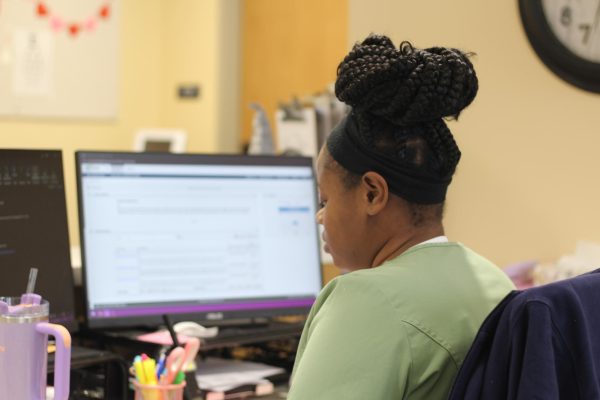
“We’re available all day, while students are here,” Brizendine said. “It’s sometimes hard for parents or guardians to get their kid to a doctor’s appointment because they’re working or maybe there’s a transportation issue, so with it being right here in the school during the school day while the kids are here, I think that is one of the best benefits for kids. They don’t have to leave the building: they can just come here and get health care where they need it.”
The popularity of SBHCs has increased dramatically in the past few decades, as they’re more effective at making health care accessible for communities who may not otherwise receive the care they need. A study published in Health Affairs notes that between 1999 and 2017, the number of SBHCs in the United States more than doubled.
Wall-Emerson has also observed this upward trend with SBHCs.
“They started 25/30 years ago then in the last 10 years, there’s really been a push to make sure that every person, every adolescent, has access to medical and mental health services,” Wall-Emerson said.
In its first months of being open, the Knights Health Clinic has been popular in the Kalamazoo Public Schools (KPS) community. While most of these patients come from Loy Norrix, a few have traveled from KPS elementary and middle schools and even Portage schools. Brizendine, who works with students’ physical concerns, estimates that she’s seen around 200 patients in the two months since the clinic opened.
Most of these students have visited the clinic for sports physicals, cold and flu symptoms or injuries.
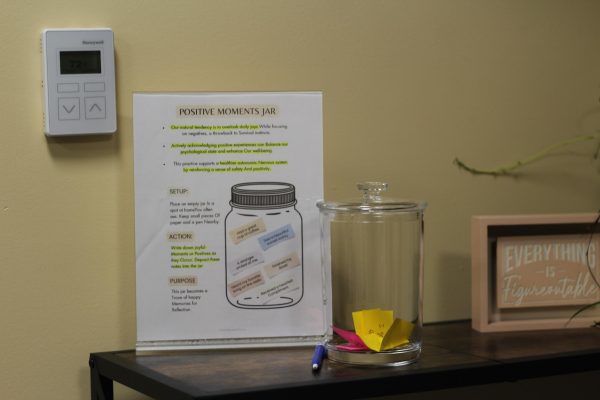
Recently, due to the increased number of students skipping class in the health clinic, students will now be required to set up advance appointments with Brizendine and Wall-Emerson. The green passes required to visit the office can be picked up in the main office.
Some services don’t require parental consent, as they are confidential, such as pregnancy testing and sexually transmitted infection (STI) testing.
“We can check for sexually transmitted infections,” Brizendine said. “Those have to be sent off to a lab, but that can be done confidentially. Same thing with the pregnancy tests: parents don’t have to give permission for that.”
The clinic also has an all-gender restroom which contains menstrual supplies and hygiene products like soap and shampoo that is free of use for students.
For services that require parental consent, such as prescribing medication, the clinic can obtain verbal consent via a phone call with the parent or guardian one time. After that, the student must return a physical or electronic signed consent form to the clinic.
For the mental health services that Wall-Emerson provides, such as counseling, referrals and diagnoses, students’ visits can remain confidential for up to 12 visits or for four months. After that, students are required to turn in their signed consent forms.
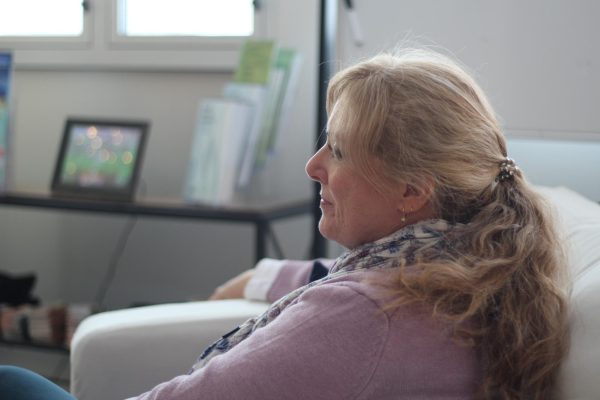
Once students have returned the consent forms, however, there’s no limit on the number of times they can take advantage of the Knights Health Center’s services.
Another benefit of the clinic is its affordability. If a student isn’t covered by health insurance or is covered by Medicaid, their visit is free of charge. For students who are insured, their insurance provider is billed, and they are not charged a copay.
“No one is ever turned away for inability to pay,” Brizendine said. “No one is ever sent collections because we want to make cost not a barrier to health care at all.”
The affordable nature of the clinic also encourages students to visit on their own, since they don’t need their parents present to pay for the medical services. This teaches students essential life skills such as self-advocacy.
“It’s good for students to be able to start advocating for their health and start to feel like they can make their own appointments and ask questions when they need to,” said Brizendine. “Sometimes when kids don’t go to their own doctor’s appointments by themselves, they don’t know what questions they can ask and they don’t always feel comfortable because they may have an adult doing a lot of that for them. This is a way for kids to learn to start to take care of their own health.”
Wall-Emerson also agrees that the clinic teaches students the importance of independence. For her especially, because of the stigma around mental health, many students don’t know how or when to ask for help.
“I’ll have kids come in who want to talk to me, but they don’t really know how to start,” said Wall Emerson. “I’ll explain how therapy works and that it’s student-driven, and that education empowers students to know that they can ask questions. This is really all about them, and we’re here to support them in their journey too.”
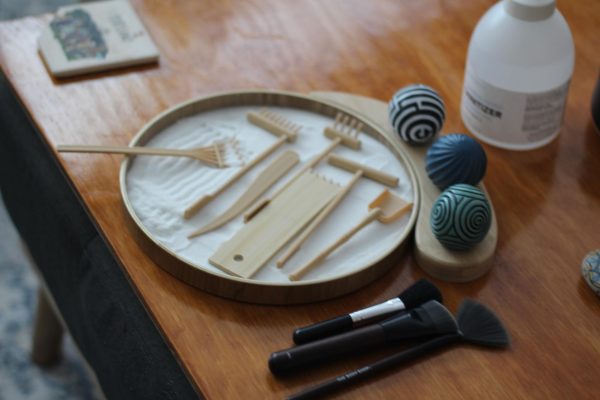
However, if students don’t know about the services the clinic provides, then they don’t receive the help they need. Brizendine and Wall-Emerson have observed that the largest hurdle they’ve faced in the past few months is spreading awareness about the clinic.
“I think it’s just a matter of getting the word out that these services exist for students,” said Wall-Emerson, “particularly for mental health. Students are feeling these things: stress about classes and grades. I think we need to be here for some time before people know about us and then to feel comfortable to come in and ask for my services particularly.”
As the Knights Health Center establishes itself as a keystone in the Norrix community, Brizendine and Wall Emerson look forward to their interactions with the students they care for.
“Kids are fun,” said Wall-Emerson. “Sometimes kids struggle with things, but the things kids tell us are exciting, and it’s fun to celebrate with them when they have something great that happens. Then it’s nice to be able to walk alongside them when something is more stressful. It’s refreshing to work with kids.”
For additional information about the Knights Health Center, students can email healthyknights@kalamazoopublicschools.net or call (269) 391-2843. Their official website is run by Kalamazoo County and includes a PDF copy of the parental consent form, which students can print, sign and return to the clinic.


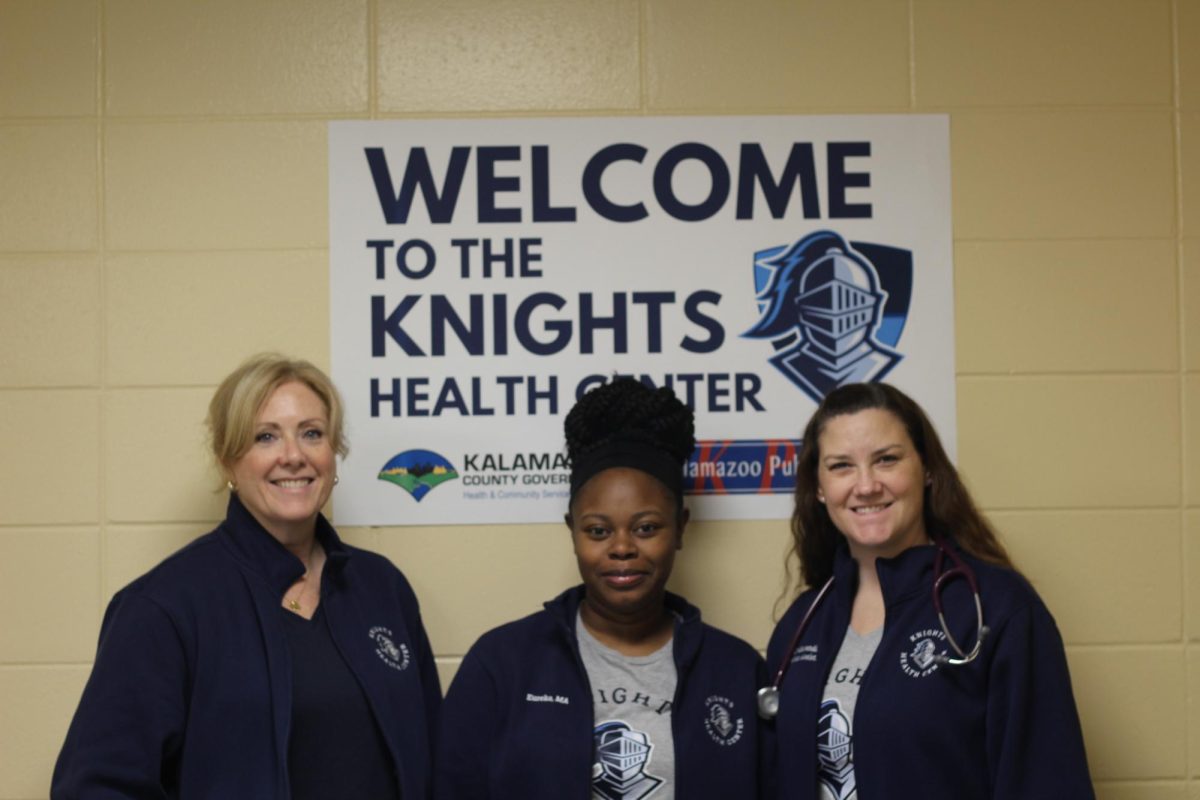
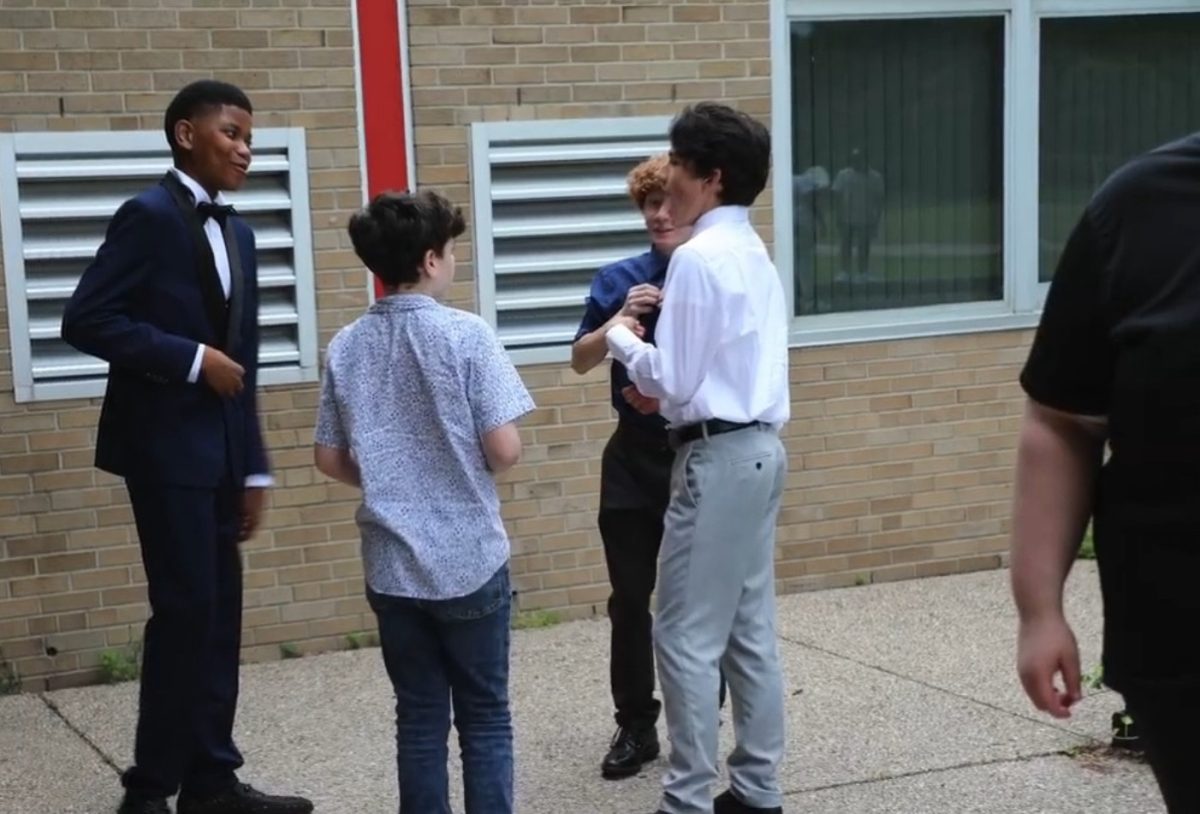

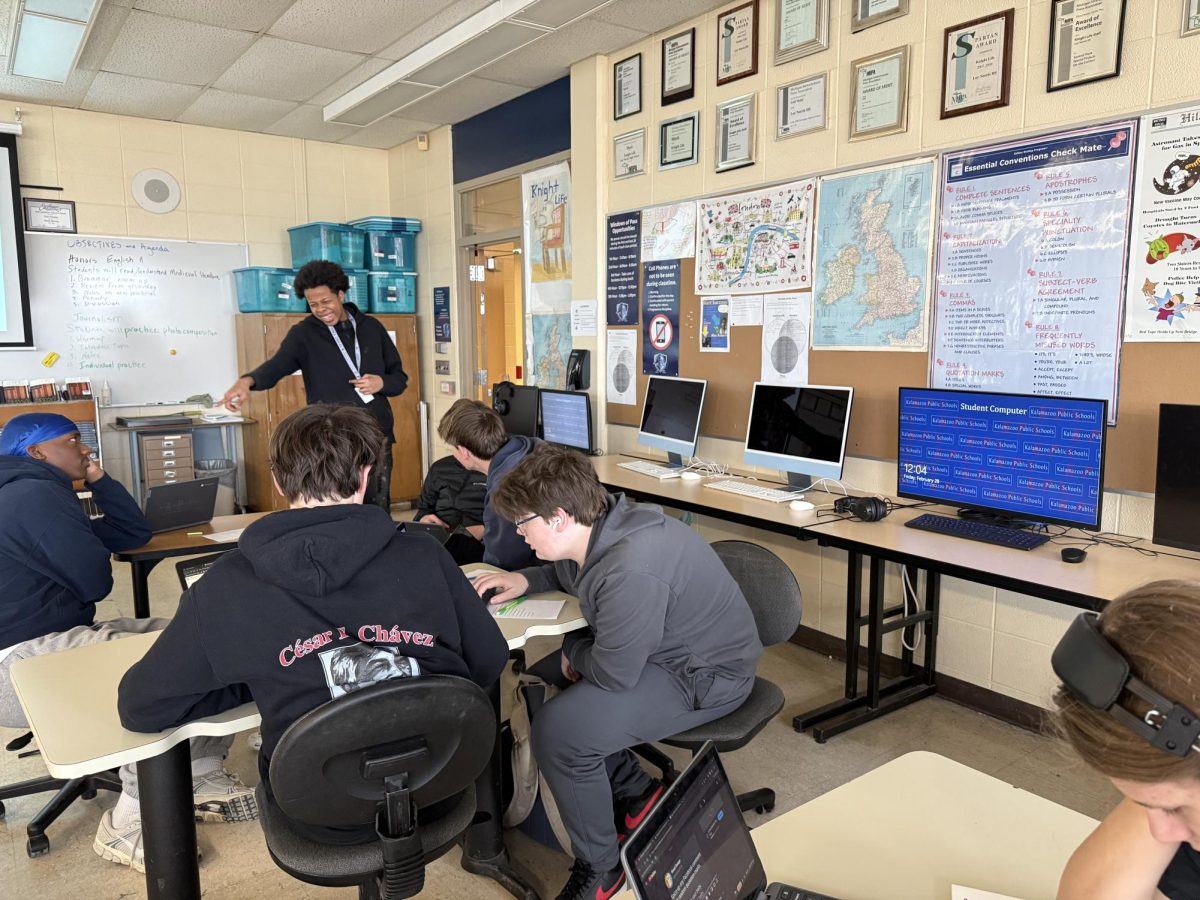
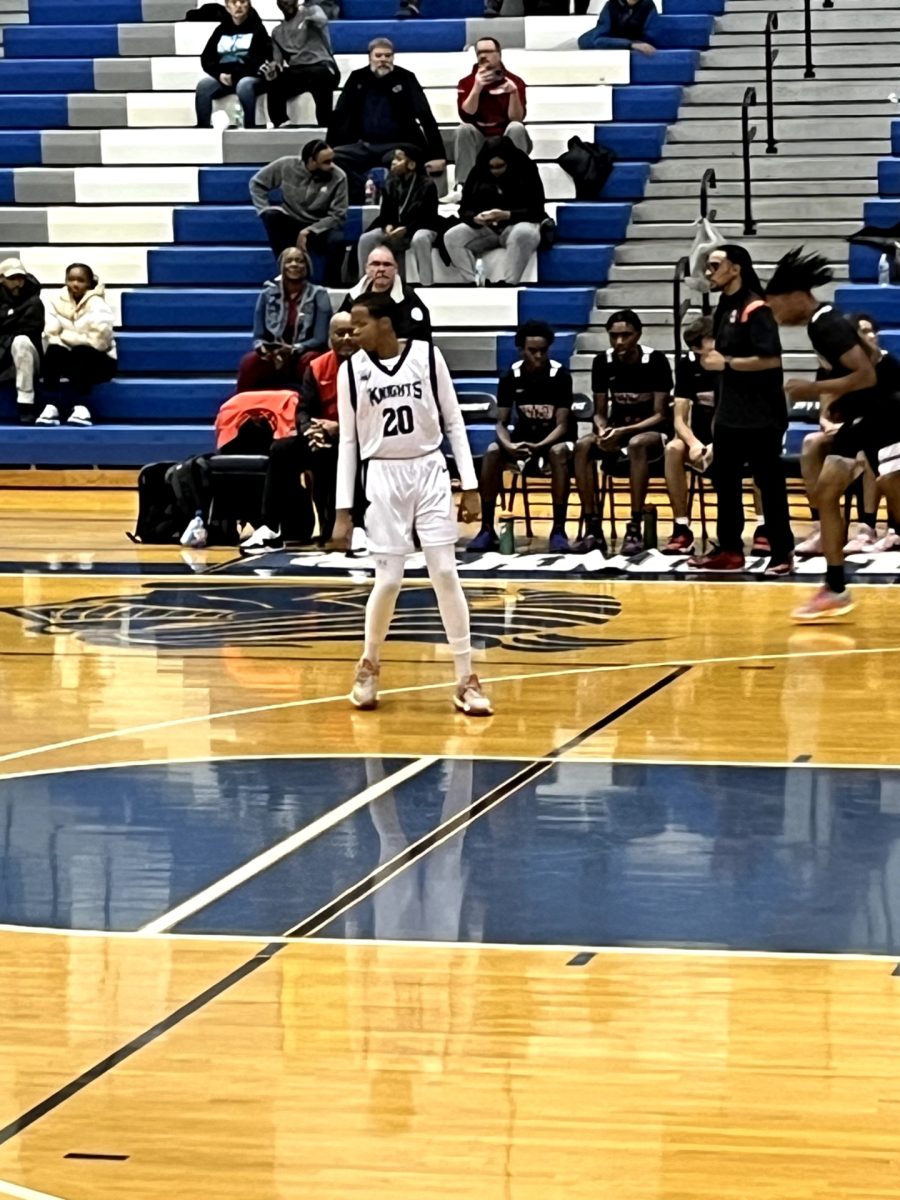
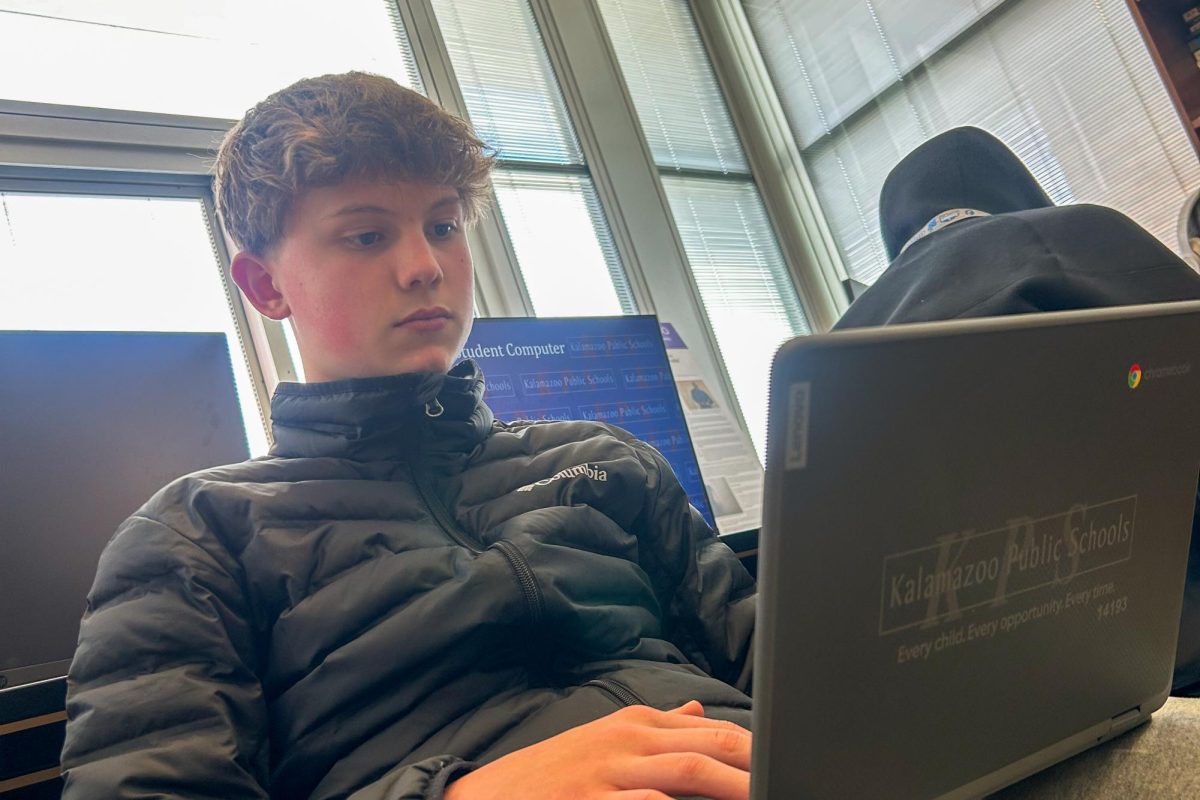
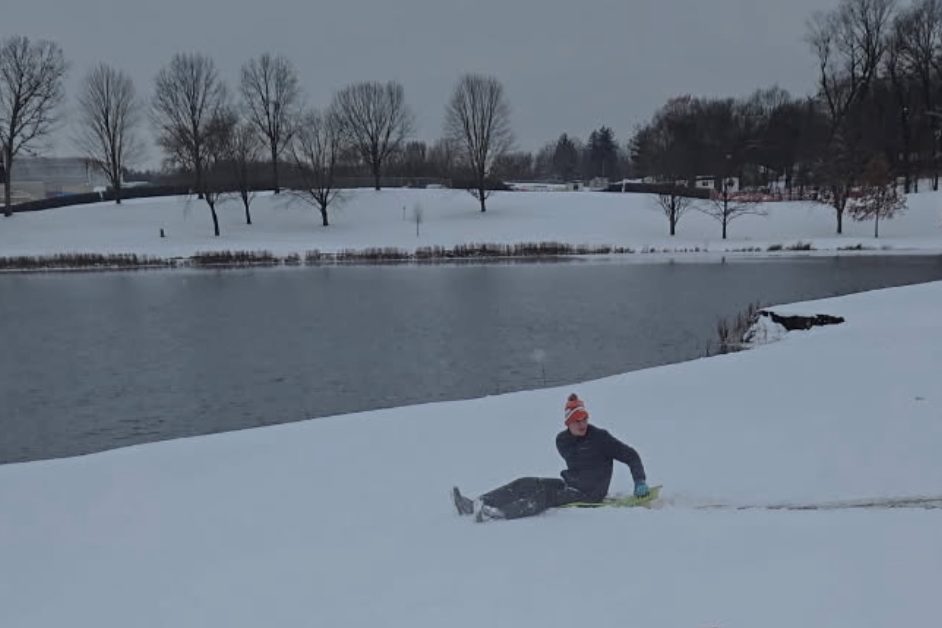
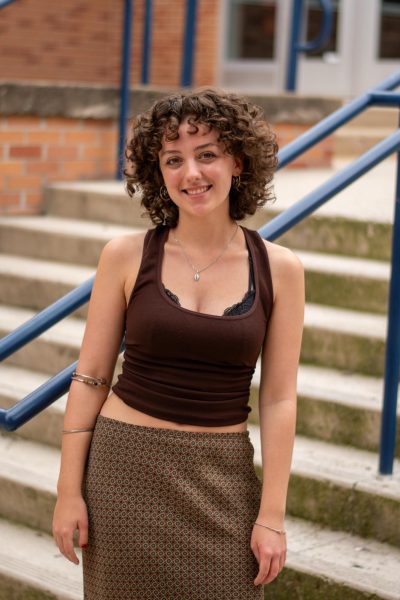
Sage Lee • Jan 16, 2025 at 1:21 pm
This is very well written! Good job!